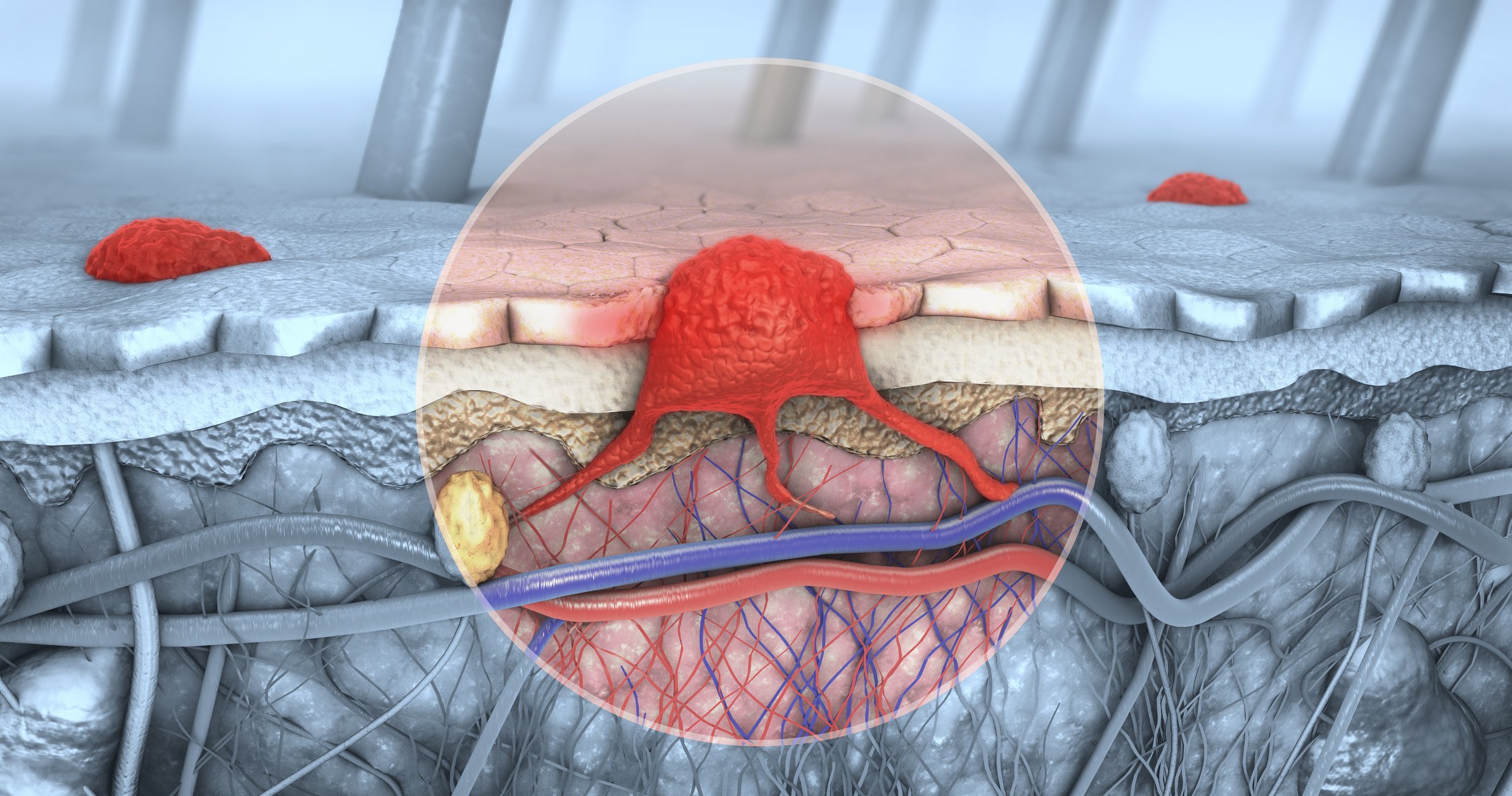After an acute coronary syndrome, patients are at high risk for further cardiovascular disease. Atherosclerotic plaques play a crucial role in this process, as up to 75% of acute coronary syndrome episodes are triggered by plaque rupture. It is already known that a low LDL-C level may contribute to plaque stabilization. The HUYGENS study has now been able to show, that the early addition of the PCSK9 inhibitor evolocumab to statin therapy after acute coronary syndrome is well tolerated and contributes to the stabilization of vulnerable plaques1. This underscores the relevance of early use of PCSK9 inhibitor for maximal LDL-C reduction in these high-risk cardiovascular patients.
In the following video, PD Dr. med. Gregor Leibundgut, Head of Cardiology at the Cantonal Hospital Baselland, presents the data of the HUYGENS study.
References:
The latest technical information on Repatha® can be found at www.swissmedicinfo.ch.
Post online since 10.05.2022












